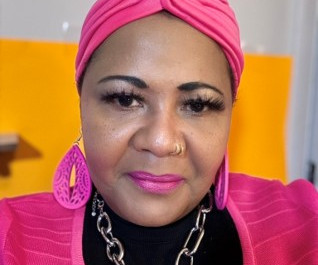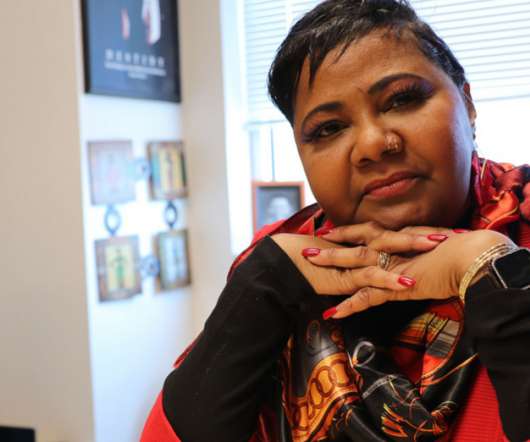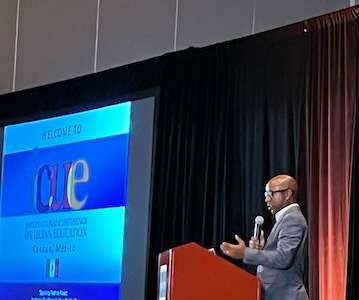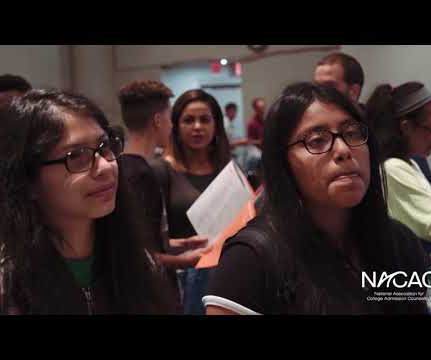Going Back to School Means Increasing Black/Minoritized Family Engagement Too
Diverse: Issues in Higher Education
AUGUST 30, 2024
achievement and opportunity gaps, underachievement, excessive and unjust suspensions and expulsions, overrepresentation in special education , and underrepresentation in gifted and talented education, Advanced Placement ), it behooves educators to not just increase minoritized students’ engagement , but to also increase their family’s engagement.


















Let's personalize your content